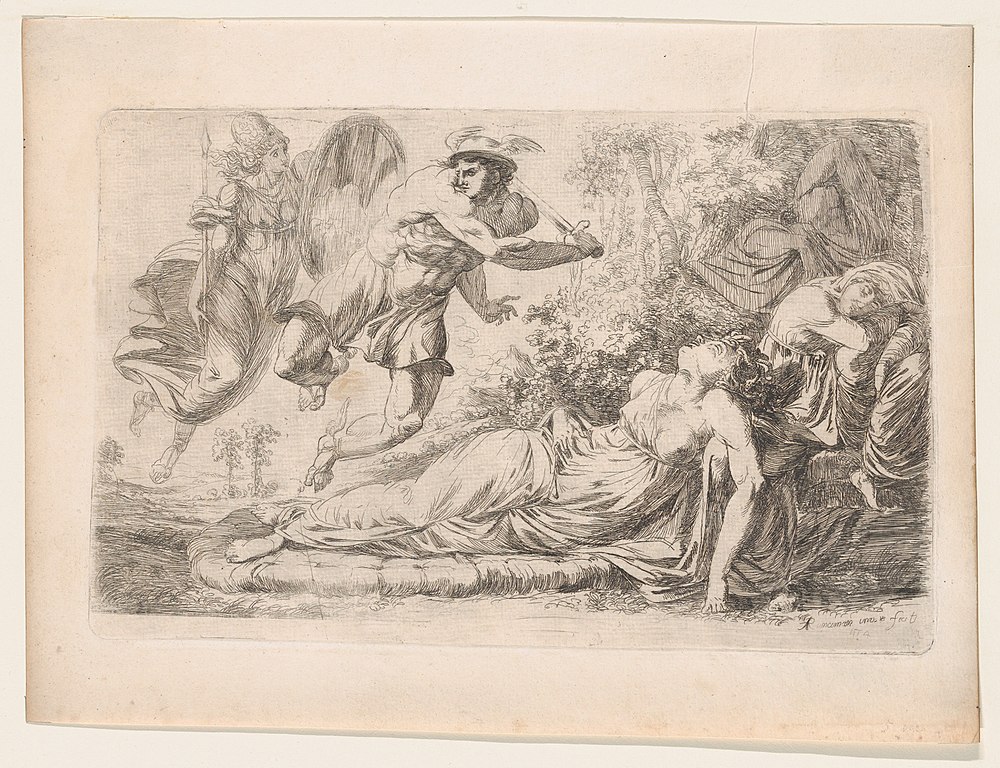T Kira Madden is magic. In her forthcoming memoir Long Live the Tribe of Fatherless Girls, she uses language new and strange but always devastatingly right. One of my favorite lines describes weather not unlike our recent New York squalls: “It’s a nickel-slapping kind of rain, a silver bounce to it. It is not cold enough to snow.” Such sentences, in their brevity and clarity, hurtle the reader through this book. Whether in a loud coffee shop or our lively office, I found myself completely ensconced. Other books might possess similar powers—to steal a reader’s attention entirely—but I do think this memoir’s pull is uniquely sonic. “Nickel-slapping” and “silver bounce,” for instance, possess that ear thrum of diving underwater. I’m thinking also of Madden’s dialogue: she captures that particular blend of impatience and tenderness unique to conversation among family. From a flippant “abso-fucking-lutely” to the most thudding words and exchanges, Madden reveals the taut vulnerability in everyday speech, the feeling that we always say either too much or too little—our fear, but speaking anyway. —Spencer Quong
I encourage readers in and near Los Angeles to spend some time with Robert Rauschenberg’s 1/4 Mile, which is on view at LACMA through June 9. This is the first time the massive work has been displayed in its entirety—when the piece was last on view, in Beijing in 2016, a few panels were omitted by the censors—and the effect is stunning. The two furlongs of panels and a scattering of assemblage sculptures weave through the top floor of LACMA’s Broad Contemporary Art Museum. Progressing through the piece, you can observe not only the artist’s huge range of influences and enthusiasms (pop culture, printed fabrics, rocket ships, birds, and all manner of flying things) but also seventeen years of artistic development. You can see just when he switched from direct transfer to screen printing, when he traveled to Mexico, when he was feeling particularly painterly. You could get lost in the details for days, but give yourself at least an hour to revel in the windswept fabrics and the canny group portrait, which includes, in outline, the artist himself. —Emily Nemens
There are only a few days left to see the Met’s exhibition “Dangerous Beauty: Medusa in Classical Art,” which closes on February 24. Luckily, it isn’t as overwhelming as most of the museum’s shows—you enter the Greek and Roman galleries, climb a flight of stairs, and then enter a single room, in which a few carefully chosen objects illustrate how the figure of Medusa has changed over time. The artworks run the gamut from thousand-year-old antefixae and vases to first-century cameos to, presiding from one corner of the room, a dress from the Versace fall/winter 1992 collection. The central theme of the show is the relationship between beauty and monstrosity, desire and fear: How did Medusa, along with her cousins Scylla and the Sirens, become a beautiful woman, the snakes of her hair neatly coiled? For whatever reason, I prefer the bearded, tusked, lolling-tongued Medusa to her lovelier later incarnations, but another set of questions, as I left, bothered me more. Whether she is beautiful or hideous in the eye of the beholder, what does Medusa think of herself? Does she believe herself a monster at all? Who gets to define beauty or hideousness; who gets to name you monster? —Hasan Altaf
When I stumbled across Ottessa Moshfegh’s profile of Whoopi Goldberg in Garage this week, I thought I was dreaming. Roasting chestnuts in Whoopi’s New Jersey home—which is seemingly filled with commemorative salt shakers—both women exude a self-assurance I love and envy. For Whoopi, maybe it can boil down to her EGOT energy, but Ottessa’s unabashed admiration is equally enthralling. In describing Whoopi, Ottessa often captures herself: at one point, Ottessa writes, “We should all be grateful that her genius is so accessible.” They are different from the women who typically dominate their fields, offering forms of beauty that seem to exist “outside of any mundane binary.” Charlie Engman’s photos of Whoopi command the center of the page, and I wish I could stretch my computer screen, as if that could somehow do justice to the vibrancy of Whoopi’s image. I’m thinking of buying a print copy of the magazine to hang on the wall; I want to hold the photos in my hands. It’s a joy to realize two people you love also love each other. Perhaps I can’t go so far as to say this about Whoopi and Ottessa—who knows what’s formulated for the purpose of such compelling journalism—but every time I reread this profile, I marvel at the outlandish possibility that such a thing could happen and exist in front of me, and I feel what might be hope. —Nikki Shaner-Bradford
The only problem with Ross Gay’s The Book of Delights is that the so-called “delights”—miniature essays on what brings him joy—are too dear. What I mean is that sometimes they are just too much, by which I mean just enough and yet so much that when you’ve finished reading one, you don’t fully want to move to the next one. Instead, you want to wait and wait because you’re so filled with unexpected tenderness that you might drop, like the “sun-blushed fruitlets” in the pear tree or the “blur of light” hummingbird, “its beak neck-deep into the honey suckle just behind my new friend’s head, its wings almost moaning, the sound of its slurping nearly audible.” Gay—who set out to catalogue, one per day, a year’s worth of the things that delight him—is a poet and a professor at Indiana University as well as some kind of magician at the Bloomington Community Orchard. So suffice to say Gay delights in nature, and this delight is contagious. Something trickier and more surprising is that Gay loves people, too. He finds tenderness for friends and family (e.g., his mom, for letting him watch The Exorcist at age nine) and strangers (the fifteen-year-old “in her preripped Def Leppard shirt and her itty-bitty Doc Martens” whom “you better believe I high-fived,” the flight attendant “who called me baby three times in one interaction during which she gave me a cup of seltzer and two bags of pretzels”). When my beloved read me delight no. 40, I cried so hard he had to put the book down and give me both his arms, and I really got a lot out of my system—tears and everything else. But Gay doesn’t live in a dream world; his talent is finding all the little sticky and unsticky daydreams in this one. The project, recording daily delight, is one he continues to rediscover throughout the year. In delight no. 83, Gay writes about the cultural system of conflating blackness with suffering and, in so doing, covering up who causes and perpetuates that suffering. “And the delight?” he adds. “You have been reading a book of delights written by a black person. A book of black delight. Daily as air.” There are so many good entries, about lightning bugs and roller skates and Botan Rice Candy. “It’ll get better,” Gay says to a stranger in delight no. 61—which is also the point of the delights, maybe, or the point of sharing them. Gay gives us his optimism, goodness, faith, delight, at the risk of it not always being what we’re ready to hear—but hoping it might help. —Julia Berick
from The Paris Review http://bit.ly/2SSfERG



Comments
Post a Comment